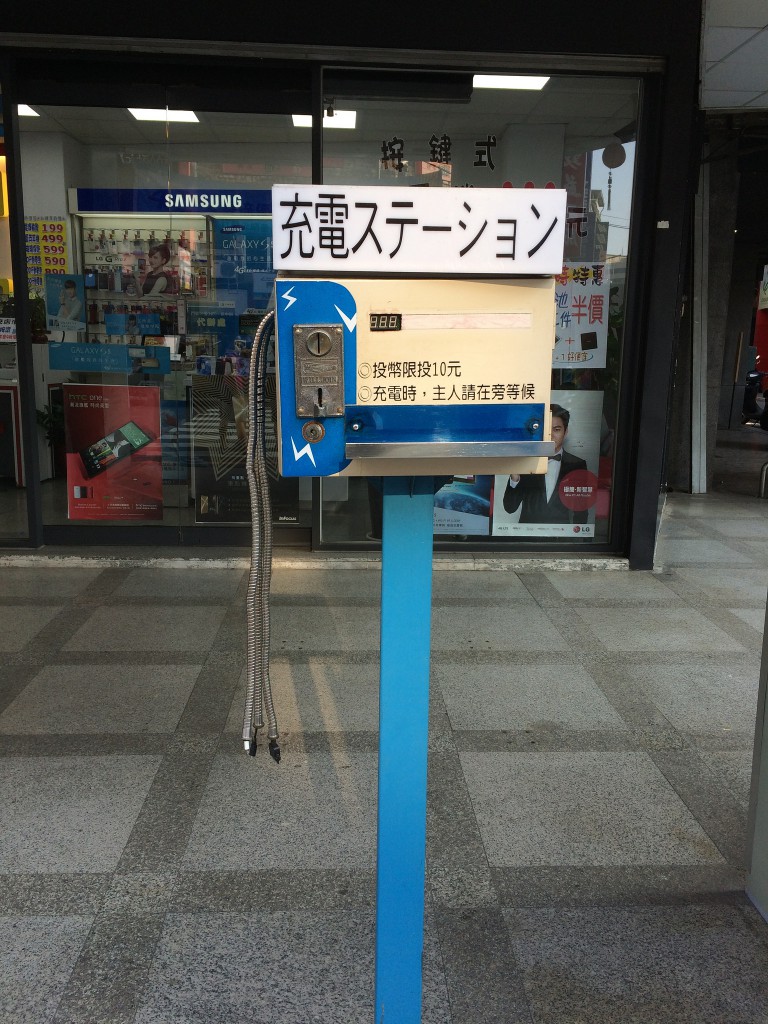I’ve been studying Chinese for over 4 years now, 2 years of that was full-time. The first year and a 1/2 I was at Tsing Hua University in their part-time studies program; every week you have a class with about 25 other students, though that number decreases over time. After about 1 year of study I could hardly speak one sentence of Chinese. Needless to say, the classes weren’t very successful nor useful for me. Afterwords, I entered National Central University’s intensive Chinese program where my progress was far more apparent, especially language outside the textbook. With their help, and a patient online conversation tutor in Taichung, I improved quickly, and could actually start using the language.
Yes, most people learn the language when they first arrive in Taiwan, not after living here for 12 years, but I’ve always done things differently and it’s better late than never.
Learning Chinese has been extremely rewarding, not just because I can now be more aware of my surroundings, can communicate with interesting people, but also because it’s led to all kinds of new knowledge and experiences.
One experience which consistently surprises me, perhaps due to my naivety, is when I attend a formal meeting at my kids school. These are generally quite different from parent-teacher meetings which I have no trouble with at all. After all this study I’ve managed to reach a certain level in the language, I wouldn’t characterise it as fluency, but I have no trouble expressing myself under normal circumstances, and I can read books of interest within a timely manner. It’s still a struggle of course, I still study everyday, but practically speaking my abilities generally exceed required usage. It’s fun, I try to make a habit of talking with people on Skype almost every day about all kinds of topics. But recently when I’ve attended formal meetings at my kids school it’s like I had never learned the language at all.
It comes as a complete shock, and though I certainly understand the broad strokes, many times the subtle details in these meetings escape me. And then I am required to interject and comment with my opinion. By this point I become nervous, and often what comes out is an unintelligible mess.
Also, I find it fascinating how 2 people during a meeting can be saying the same thing, but one can be completely comprehended while they other cannot. Sometimes I’ll say to the Principal, I have no idea what you are talking about, and a parent will comment that they don’t either and they are Taiwanese.
It comes down to the kind, or level, of language they are using, and the method in which they use to express themselves. My kids’ school is a great study in the abstract and indirect ways of expressing a point. Nothing is ever stated directly and whenever possible more poetic or literary language is used. To advanced learners of the Chinese language this might not be a problem but for me I sometimes feel I get as much education from school-to-parent communication than from any of the Chinese language textbooks I’ve used in the past.
I know this shouldn’t surprise me, I have trouble listening to anything finance related on the radio as well, but it always does. When learning a second language over a relatively short period of time you can’t be expected to grasp every topic. But the dramatic drop in comprehension is amazing and at times embarrassing. Hopefully one day before my kids graduate school I will be able to join one of these meetings without the uncomfortable feeling of being lost at sea.
Edit: Apparently others, native speakers, find these meetings difficult to follow as well.

